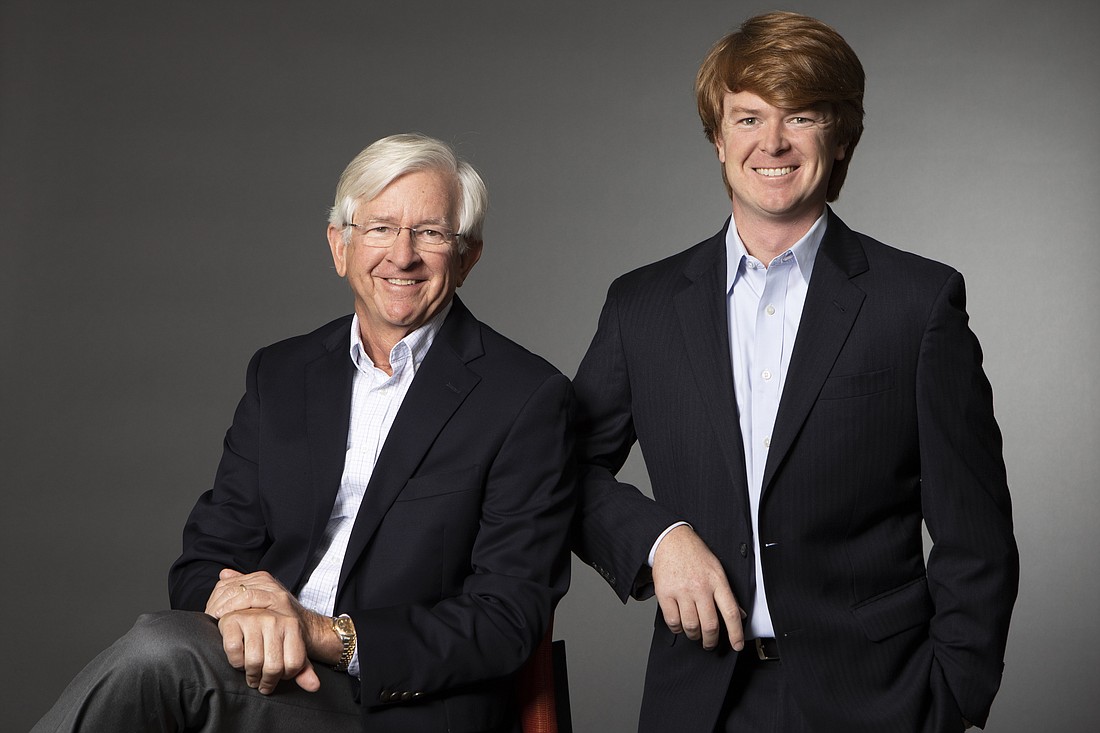- December 20, 2024
-
-
Loading

Loading

Clay Hollis came by his profession in politics naturally.
Growing up, his father, Clayton Hollis, worked in government relations and corporate communications. That meant that the topic of conversation at family dinners often centered around his work.
The junior Hollis remembers that it was during those conversations where he learned how people in, and around, elected office work to help constituents solve problems and try to best represent their constituencies, all while balancing different, and often competing, interests.
“It was always interesting to me, you know, hearing about it, thinking about it, talking about it,” says Hollis, who adds that from his dad he also learned about the importance of personal integrity.
Today Hollis is vice president at crisis, public relations and public affairs firm Tucker/Hall. His job centers on working with clients on issues related to government and providing advice on how to navigate bureaucracies.
While the lessons learned at the dinner table still resonate, they were just the first step in his education on the way government works.
He went to college at Southern Methodist University, where he majored in public policy and in 2010 worked on Adam Putnam’s statewide campaign for agriculture commissioner. That experience — driving all over the state at night and on weekends trying to get the then-U.S. congressman's name and message out — was an opportunity to see how elected officials run for office and balance their responsibilities.
The work on the campaign eventually led to a job as the director of external affairs for the Florida Department of Agriculture and Consumer Services under Putnam. He attended industry functions and met with trade organizations and legislative delegations.
Hollis also worked as a legislative assistant for former for U.S. Rep. Tom Rooney, R-Tequesta, in Washington, D.C.
Seeing “firsthand how everything gets done, seeing how people interact, seeing how these cause pressure on the elected officials really come to bear is endlessly interesting,” he says.
But the work is endlessly complex, something often lost on the people whose interest officials represent, he says.
While the public mostly sees the work of politicians in quick soundbites, Hollis says decisions that often boil down to a Yes or No question are mired in “pounds and pounds of nuance.” And in each of these cases, there are a million different reasons to vote yes for something and a million different reason to vote no.
“There's a lot that goes into these decisions and none of the decisions are easy,” Hollis says. “But, certainly, a challenge to overcome is realizing that there are a lot of different reasons that people act the way that they do. And it's never as simple or as straightforward as it seems.”